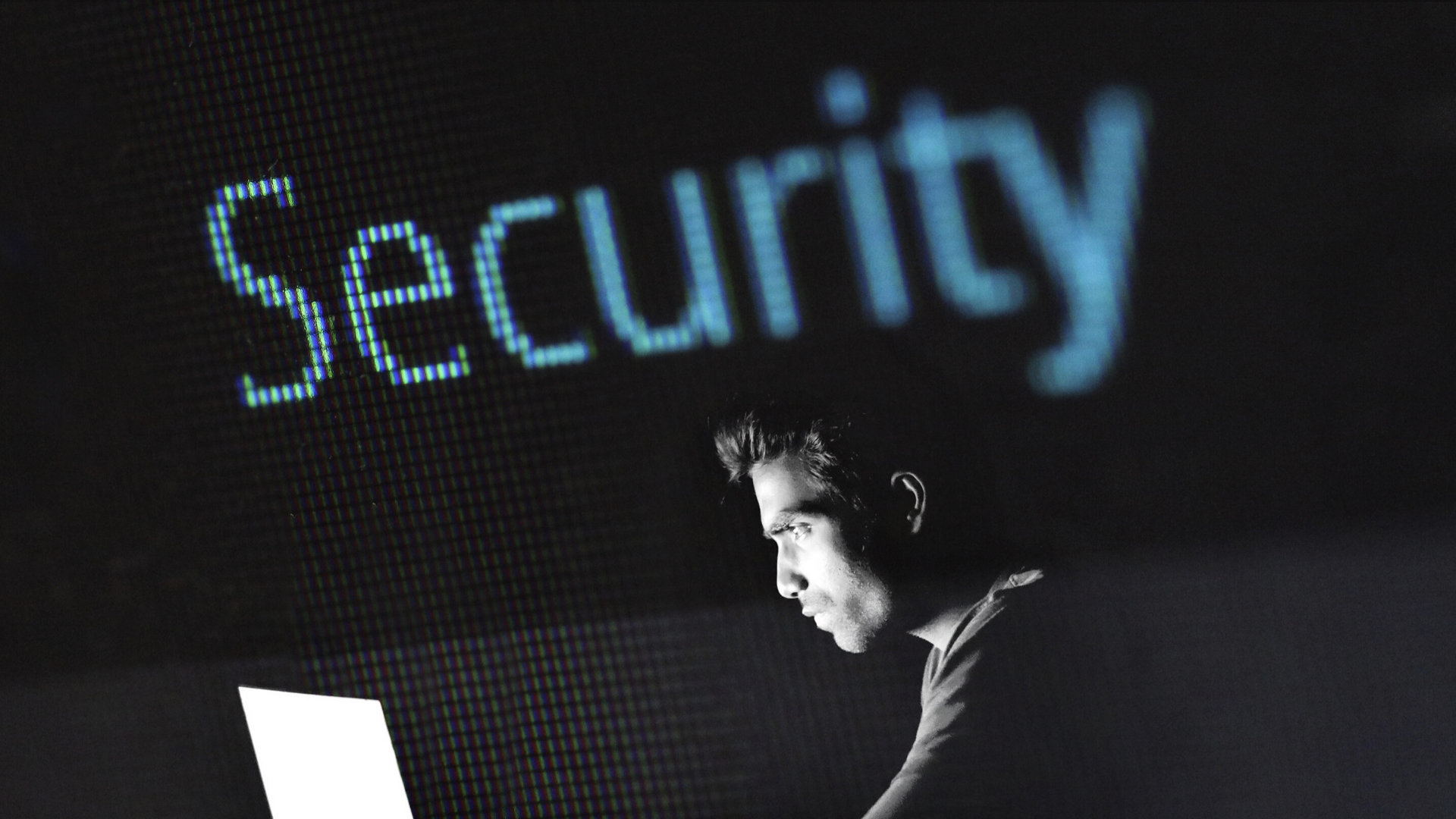Working remotely due to coronavirus?
We reveal some tips on how to stay safe online while working from home during the Covid-19 outbreak.
The Covid-19 pandemic has changed the daily habits of millions of people, and working routines for many are no exception.
The last few weeks has seen an increase in the number of staff members working remotely and a rise in the demand for remote desktop solutions. We often get asked a lot of questions about IT security and best practice – so we thought it would be worthwhile putting together a short guide to help you stay and work safely as we head into further lockdown (at the time of writing this).
What are the threats to online remote working?
- Using personal devices and networks: Many workers are now utilising personal devices and home networks to maintain and complete key work tasks. However, these often lack the tools that are built into business networks (e.g. strong antivirus software and customised firewalls). This may increase the risk of malware being installed onto both personal and work-related devices.
- Scams targeting remote workers: It’s important that organisations educate and inform staff members of the malicious campaigns and sophisticated attacks targeting remote workers. With an increase in the number of workers working remotely, organisations and their staff members should be vigilant of the increase in number and types of work-from-home scams.
- Unsecured wifi network: Most people will be utilising a secure wifi network at home to access company data, files and sensitive information throughout the lockdown period. However, it’s also important to draw attention to use of unsecured public networks (e.g free wifi in a public place) which may be used as a prime spot for a hacker to exploit a security flaw in the network to intercept your data.
So what are the cybersecurity tips for remote working?
This list is not exhaustive but are some of the factors you should consider to minimise the risk of unsanctioned remote access.
- Set up firewalls: A firewall is a barrier or shield that is intended to protect your PC, tablet, or phone from the data-based malware dangers that exist on the Internet. Having a firewall in place is more likely to protect servers and all PCs should have anti-virus software enabled. Windows 10 now comes with built-in anti-virus, for example.
- Use strong passwords: Your passwords should ideally be reasonably long and use symbols and numbers. Use a different password for each account and use a password manager. Being smart with passwords can also help prevent unauthorised access to devices and networks and protect key data and information they collect and store.
- Utilise two-factor authentication: Enabling two-factor authentication (also known as multi factor authentication) adds an additional layer to authenticate your identity, which makes it more difficult for a hacker to access your data or other sensitive resources.
- Look out for phishing emails: It’s essential that employees are aware of basic phishing attacks e.g. where a victim may be tricked into clicking a link through to a fake page (via electronic mail) with the aim of persuading them to enter personal or sensitive information.
- Watch out for work-from-home scams: Unfortunately, the number of online scams has increased throughout the Covid -19 pandemic, coinciding with an increase in the number of people working remotely.
- Lock your device: If you do live with people you cannot share sensitive information or data with, always remember to lock your device. Securing and password-locking your device prevents unauthorised access until you are willing and able to utilise your device again.
- Beware of misinformation: Lastly, there has been a large spike in misinformation being spread through social media and messaging apps, often about fake and/or untested health remedies relating to the Covid-19 pandemic. Educate your workforce to only follow health advice from reputable sources – if you’re in the UK, that might be the NHS website, the BBC, etc.
All in all we can see that a dispersed workforce gives rise to a variety of data management challenges for businesses of all size, sector and industry. We hope this short article has provided a variety of cyber-security tips that will help keep you safe and secure as the business landscape continues to change and evolve throughout the Covid-19 global pandemic.
If you do have any concerns over the security of your IT systems, operations or critical infrastructure or if you need a little guidance on remote working solutions, please don’t hesitate to get in touch, we’d be more than happy to help – 0161 464 6101.


